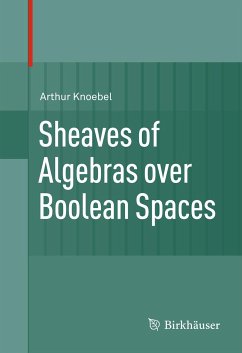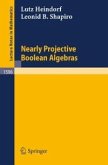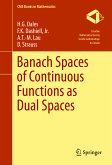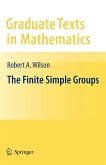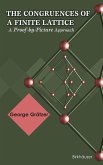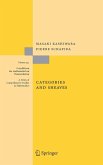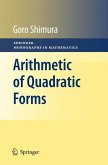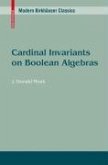This text presents intuitive ideas from topology such as the notion of metric space and the concept of central idempotent from ring theory. These lead to the abstract notions of complex and factor element, respectively. Factor elements are defined by identities, discovered for shells for the first time, explaining why central elements in rings and lattices have their particular form. Categorical formulations of the many representations by sheaves begin with adjunctions and move to equivalences as the book progresses, generalizing Stone's theorem for Boolean algebras.
Half of the theorems provided in the text are new; the rest are presented in a coherent framework, starting with the most general, and proceeding to specific applications. Many open problems and research areas are outlined, including a final chapter summarizing applications of sheaves in diverse fields that were not covered earlier in the book.
This monograph is suitable for graduate students and researchers, and it will serve as an excellent reference text for those who wish to learn about sheaves of algebras.
Dieser Download kann aus rechtlichen Gründen nur mit Rechnungsadresse in A, B, BG, CY, CZ, D, DK, EW, E, FIN, F, GR, HR, H, IRL, I, LT, L, LR, M, NL, PL, P, R, S, SLO, SK ausgeliefert werden.
"This monograph adapts the intuitive idea of a metric space to universal algebra, leading to the useful device of a complex, from which a sheaf is constructed directly. The gist of the author's ideas is that one need not look at all congruences of an algebra, but at only some of them comprising a Boolean subsemilattice of congruences ... . As for prerequisites, the reader should have a nodding acquaintance with universal algebra, logic, categories, topology, and Boolean algebra." (Hirokazu Nishimura, Zentralblatt MATH, Vol. 1243, 2012)
"This book brings together investigations that span several decades by the author and others into how in general one can obtain a representation of arbitrary algebras by sheaves over Boolean spaces. ... The book is well written and contains extensive references. ... Exercises and open problems are liberally interspersed throughout the monograph. It is recommended for anyone with an interest in the decomposition of general algebras primarily from the viewpoint of the universal algebra." (S. Comer, Mathematical Reviews, January, 2013)

